
News – 2016
Dec. 5, 2016

Nerve Treatment When Drugs Fail
Medical scientists increasingly are tapping into the healing powers of the vagus nerve, which regulates the function of many of the body’s organs. Every breath we take, especially the slow, deep breathing used in meditation, stimulates the vagus nerve to calm the body. Scientists also believe stimulating the nerve with small electrical impulses can have far reaching potential to treat medical conditions including migraines, rheumatoid arthritis and strokes.
Nov. 11, 2016
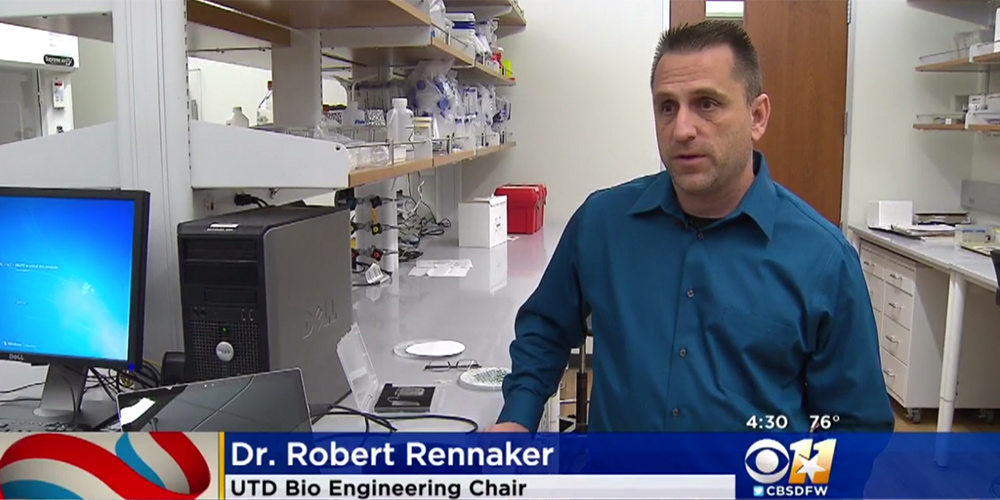
UT Dallas Working On Better Treatment Options For Brain Injuries
From battle fields to the labs at UT Dallas. Dr. Robert Rennaker, a Marine veteran, is the head of the Bioengineering Department at UT Dallas. He said following his service and seeing his fellow Marines get hurt in many different combat deployments, he dedicated his life’s work to finding new ways to treat brain injuries.
Sept. 23, 2016
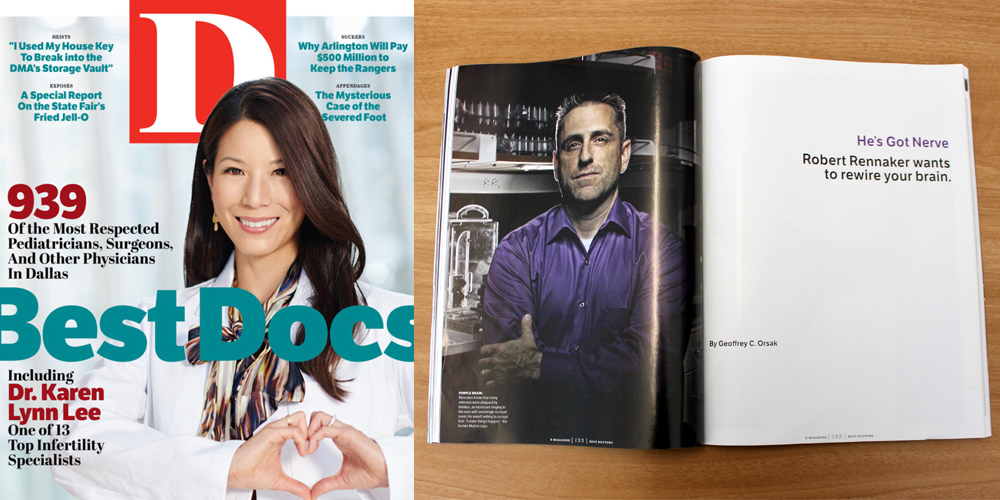
Professor Attends White House Event for Brain Science Research
Have you picked up a copy of D Magazine’s Best Doctors in Dallas 2016 issue? Turn to page 122 to read about TxBDC’s Director Dr. Robert Rennaker and his path to becoming a world-class engineering researcher.
September 2016
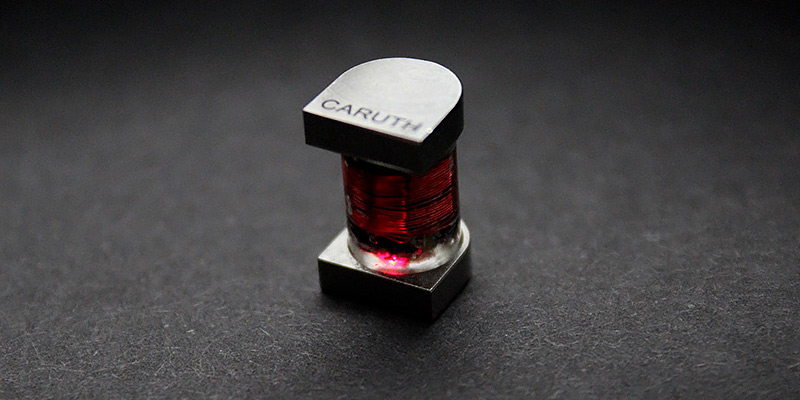
The W.W. Caruth Jr. Foundation Has Awarded TxBDC a Four-Year Grant That Could Result in Funding of up to $5 Million
The W.W. Caruth, Jr. Foundation Fund at Communities Foundation of Texas has awarded TxBDC at UT Dallas a four-year grant to develop and test biomedical technology treat patients with spinal cord injuries.
Sept. 1, 2016
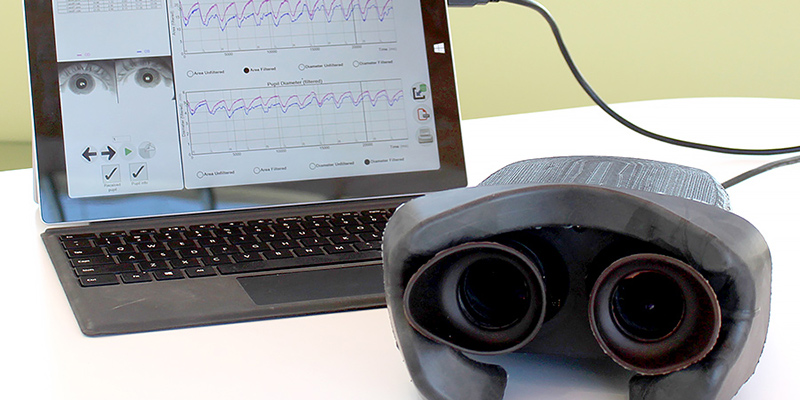
Pioneers and Problem Solvers: Changing the World Through Innovation
Dr. Robert Rennaker, director of the UT Dallas Texas Biomedical Device Center, is on a mission to make it quicker and less disruptive to take on-field brain performance measurements in the hopes of maximizing player performance while preventing more serious brain injuries that can occur when an impaired athlete continues to play.
July 9, 2016
Study: Gene Contributes to Poor Speech Processing and Dyslexia
A new study led by UT Dallas researchers shows that a gene associated with dyslexia may interfere with the processing of speech, ultimately leading to reading problems that are characteristic of the disorder.
May 23, 2016
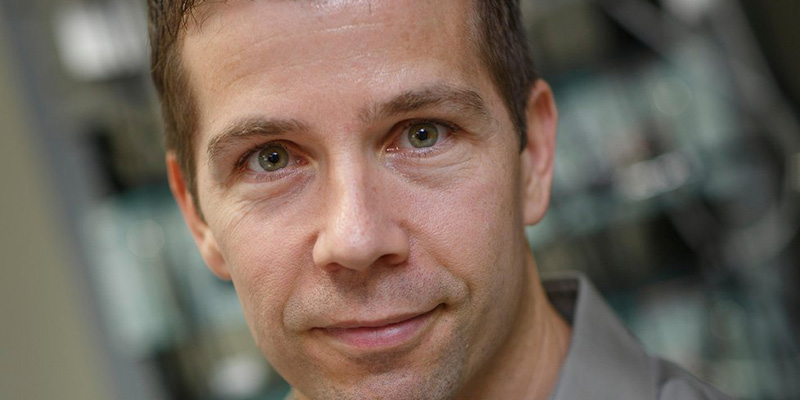
Dr. Michael Kilgard Receives Funding from Wings for Life To Develop New Therapy for Spinal Cord Injury by Pairing Rehabilitation with Vagus Nerve Stimulation
Our brain and spinal cord learn new things every day. Learning causes new connections between neurons. This rewiring process is called neural plasticity.
May 31, 2016

Hays, Kilgard Receive HeART Awards
Dr. Seth A. Hays and Dr. Michael Kilgard each receive HeART Awards from the Rett Syndrome Foundation which include grants totaling nearly $300,000
April 26, 2016

New Implanted Devices May Reshape Medicine
Doctors don’t usually try to get on your nerves. But they’ve been doing it more and more in recent years — eyeing one particular nerve — in the hopes that it can treat many long-term or life-threatening conditions.
Feb. 25, 2016
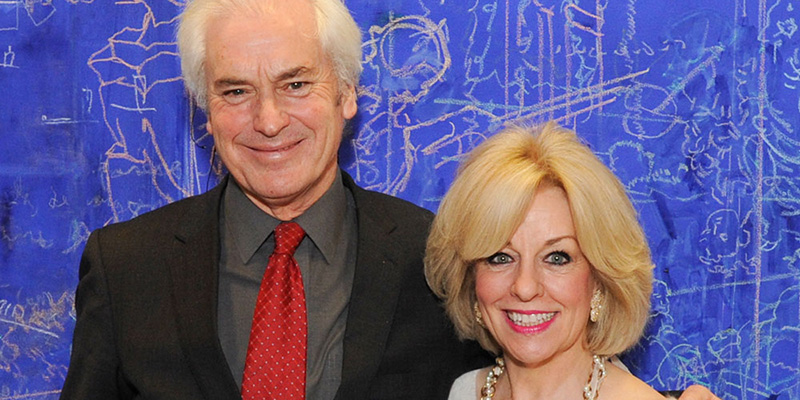
Scientist Brings Global Research Experience to BrainHealth
Dr. Ian Robertson has joined the Center for BrainHealth at The University of Texas at Dallas as the T. Boone Pickens Distinguished Scientist.
